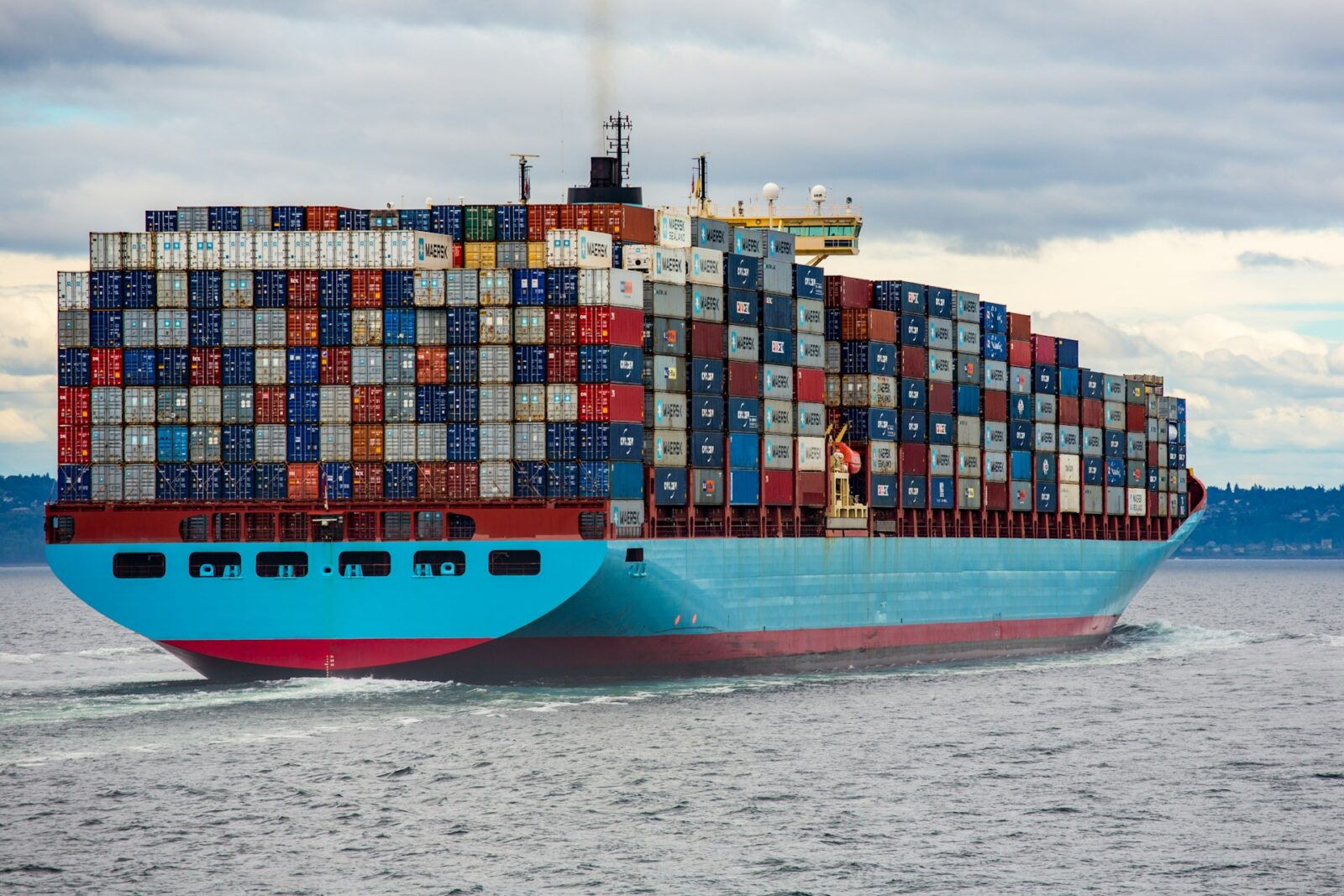Sustainability is becoming increasingly important for businesses from all over the world as consumers are increasingly concerned about the fate of the environment. Apart from enhancing corporate reputation, embracing sustainability also includes better regulatory compliance, reduced costs, more efficient energy consumption and reduced waste. Not just brick-and-mortar stores benefit, as e-commerce businesses also mitigate social and environmental risks while increasing profitability and driving growth.
The Rise of Eco-conscious Consumers
While buying organic products and items labelled as eco-conscious may have been nothing more than a trend a few years ago and a way to signal that you’re involved in activism, at least on the surface level, things have gradually begun to change. Regulators have begun harsher crackdowns on companies suspected of engaging in greenwashing, whose advertising includes claims such as the products being carbon neutral but which are actually unsubstantiated.
Studies show that consumer interest in sustainability is growing on a yearly basis, with France, Italy and the UK being in the top three most concerned about sustainability. The United States and Germany follow close behind. The stats don’t lie, showing that sustainability has stopped being a choice, and many shoppers see it as a necessity.
Challenges in Traditional Fulfilment Methods
What does the increased focus on sustainability mean for e-commerce? After all, the sector has been growing continuously over the past few years as a response to the pandemic lockdowns, as well as the growing consumer interest in more accessible shopping experiences. However, traditional fulfilment methods offer several challenges for business owners that seek to focus on sustainability.
First and foremost are the emissions resulting from the process, but overpackaging, inadequate optimisation, and not choosing the suitable model hurt eco-friendly goals as well. Not only does this hurt the environment, it can also affect the perception of your business in the eyes of your clientele. Since you have a duty to maintain transparency, your customers are likely to be disappointed by what they perceive as a lack of commitment to sustainability and choose to shop from one of your competitors instead.
Innovative Eco-friendly Fulfilment Practices
So, what are some of the sustainable practices you can integrate into your e-commerce business? The process includes all steps from the warehousing processes to the shipment to the end user. Working with a company that can handle your order fulfilment means that all these procedures will be solved efficiently and with sustainability in mind. The method also includes sample testing, staying in contact with the clients and managing returns if necessary. A specialised company is also aware of the latest developments you can consist of in your fulfilment to reduce the environmental impact. For instance, you can focus on sustainable packaging options, transportation and warehouses. Using renewable materials and energy, reduce or even completely eliminate the use of plastics, and encourage customers to reuse, compost or recycle the packaging and products at the end of their lifetime.
Bacteria and fungi easily break down biodegradable packaging made from cardboard, paper, and bio-based polymers, so the harm to the environment is averted. Optimising your shipping routes is also crucial when minimising carbon footprint and emissions. All you need to do is ship from the warehouses closer to the destination, and you’ll improve fuel efficiency, avoid traffic congestion, minimise detours and cut costs. You can also consider incorporating electric vehicles. Solar power can be used as an accessible form of renewable energy for warehouses.
Case Studies of Success
Many businesses have begun implementing sustainable practices. Patagonia is one of the best-known examples, and apart from their own processes, they also encourage shoppers to repair and reuse the products they already own instead of looking for replacements. Starbucks is another famous brand that embraces sustainability from agricultural practices to the final product. Apple is set to reduce the carbon footprint of all its data centres, while Disney adopted a zero-waste policy.
Although these brands were already well-known, their commitment to sustainability means customers are more likely to remain loyal. Small businesses, who are up against even fiercer competition, can use sustainability for the same purpose as well.
The Role of Technology and Innovation
Using the latest tech developments is a great way to shift towards sustainability. All the infrastructure used to support wind turbines, hydropower, or solar panels is a clear example of how technology can reduce the reliance on fossil fuels. Working side by side with a fulfilment company allows you better access to the latest developments, so you maintain a competitive edge over your competitors. Much has been said about artificial intelligence and its potential to disrupt industries. As part of fulfilment, the most obvious use case for the technology is to guarantee sustainability in logistics and supply chains.
The AI can run assessments, provide predictions so you avoid surplus and understand buying patterns and demand better, optimise energy usage and evaluate partnerships with suppliers to find the greenest option. Energy-efficient warehousing involves installing industrial-grade features, like doors and sealing. You should also control the temperature and decrease leakage from one room to another. Automating packaging can also reduce the amount of void fill used and eliminate plastics.
Future Trends in Sustainable E-commerce Fulfilment
Sustainability is here to stay, and as technology develops, corporate efforts are likely to increase as well. Prioritising sustainability is no longer a trend but a prerequisite to ensuring you do your part for the world, your employees, customers, and the community. Prioritising sustainability and making it part of your community culture also means that you’re more likely to drive innovation for your brand. Continuous adaptation is necessary in this area, as more ways in which human activity harms the environment are uncovered, and the changes that could help are revealed.
Conclusion
Sustainability is a must for businesses from all over the world. As online purchases and international shipping become more commonplace, it’s crucial to remain competitive and understand your responsibility towards the environment. Having sustainable fulfilment is the backbone of this strategy. If you’re a business owner, you should evaluate your corporate processes and determine which areas could become more sustainable.









Leave a Reply
View Comments